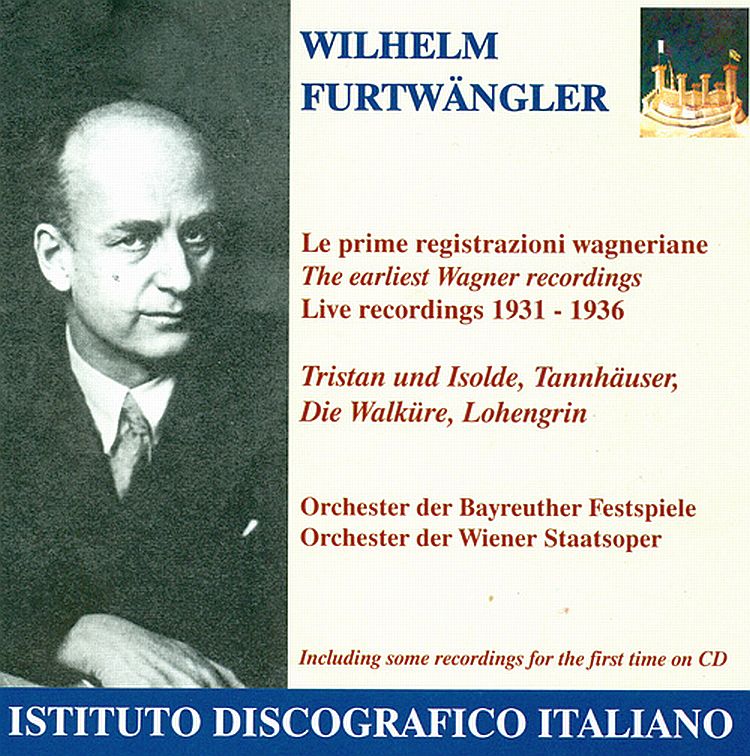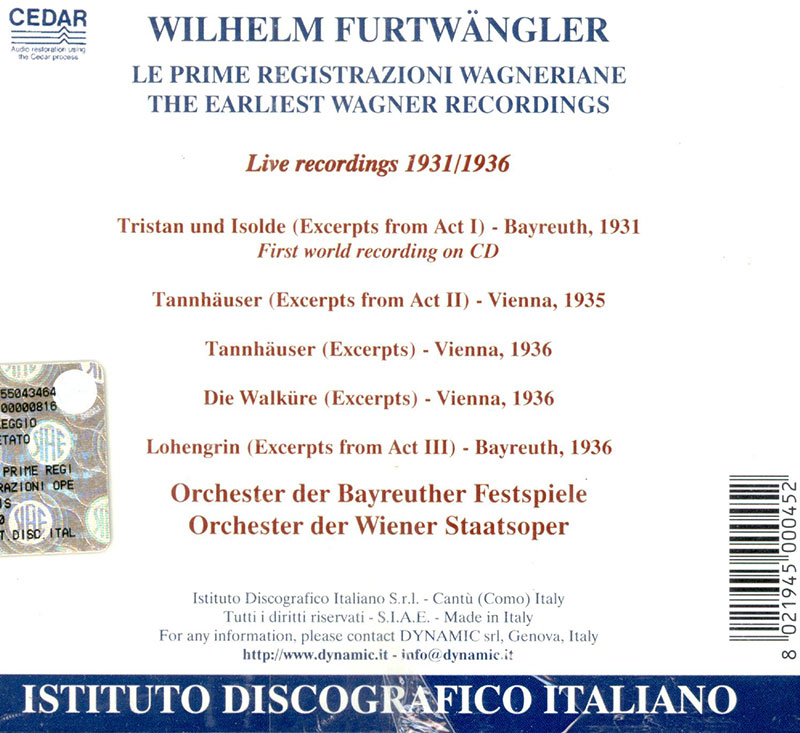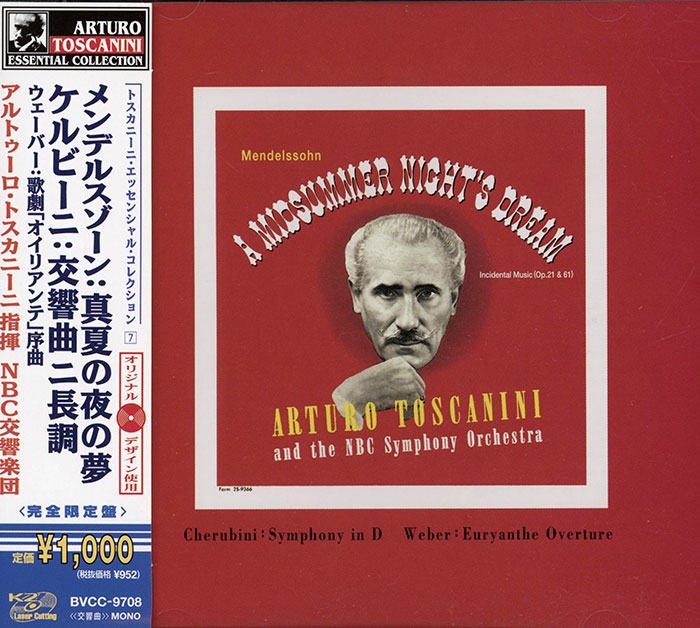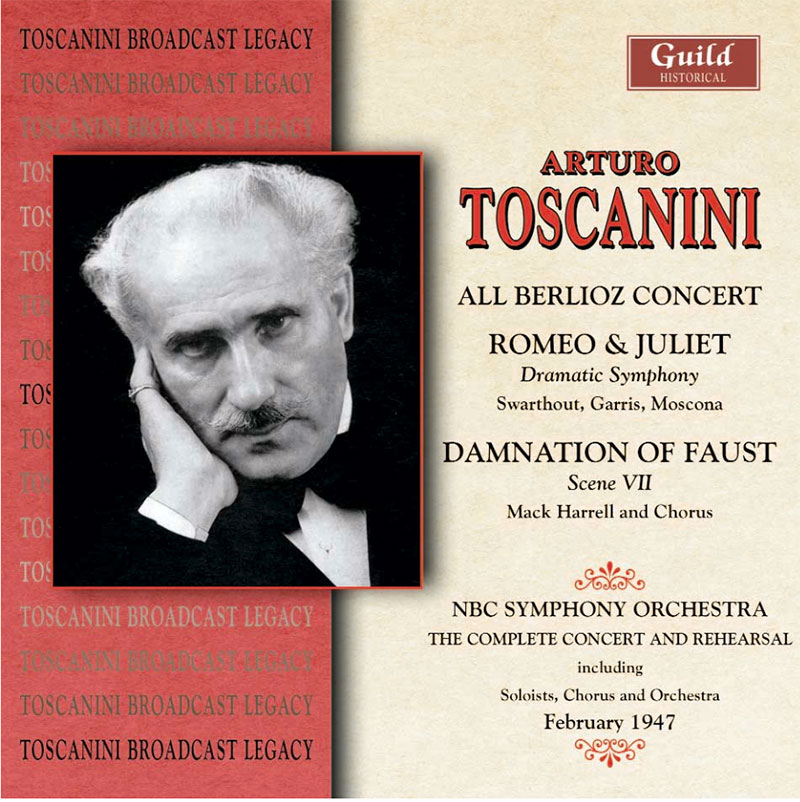Logowanie
OSTATNI taki wybór na świecie
Nancy Wilson, Peggy Lee, Bobby Darin, Julie London, Dinah Washington, Ella Fitzgerald, Lou Rawls
Diamond Voices of the Fifties - vol. 2
Tylko 1000 egzemplarzy!!!
DVORAK, BEETHOVEN, Boris Koutzen, Royal Classic Symphonica
Symfonie nr. 9 / Wellingtons Sieg Op.91
nowa seria: Nature and Music - nagranie w pełni analogowe
Petra Rosa, Eddie C.
Celebrating the art and spirit of music - vol. 3 - Pure
warm sophisticated voice...
Peggy Lee, Doris Day, Julie London, Dinah Shore, Dakota Station
Diamond Voices of the fifthies
Tylko 1000 egzemplarzy!!!
SAMPLER - STS DIGITAL, Buddy Tate, Milt Buckner, Walace Bishop
Jazz Masters - Legendary Jazz Recordings - v. 1
proszę pokazać mi drugą taką płytę na świecie!
Chesky! Niezmiennie perfekcyjny
Winylowy niezbędnik
ClearAudio
Double Matrix Professional - Sonic
najbardziej inteligentna i skuteczna pralka do płyt winylowych wszelkiego typu - całkowicie automatyczna
WAGNER, Choir und Orchester der Bayreuther Festspiele, Wiener Staatsoper, Wilhelm Furtwangler
Le Prime Registrazioni Wagneriane

- CD 1
- Wagner, Richard
- Wagner, Richard - lyricist(s)
- Tristan und Isolde (excerpts) - 11:14
- 1. Act I: Elend im Sterben lag - 03:20
- 2. Act I: So reihte sie die Mutter - 04:34
- 3. Act I: Muht euch die? - 03:20
- Wagner, Richard
- Wagner, Richard - lyricist(s)
- Tannhauser (excerpts) - 05:27
- 4. Act II: Dich, teure Halle, gruss' ich wieder - 03:37
- 5. Act II: Dir, hohe Liebe, tone … Dir, Gottin der Liebe - 01:50
- 6. Act I: Dir tone Lob! Die Wunder sei'n gepriesen - 02:21
- 7. Act II: Dich, teure Halle, gruss' ich wieder - 03:03
- 8. Act II: Zu deinen Fussen … O stehet auf! - 01:30
- 9. Act II: Seht mich, die Jungfrau … Ich fleh' fur ihn - 02:36
- 10. Act II: Zum Heil den Sundigen zu fuhren - 01:19
- Wagner, Richard
- Wagner, Richard - lyricist(s)
- Die Walkure (excerpts) - 01:08:47
- 11. Act I: Prelude - Wes Herd dies auch sei, hier muss ich rasten - 03:42
- 12. Act I: Labung biet ich - 04:58
- 13. Act I: Weither, traun, kamst du des Wegs - 03:49
- 14. Act I: Auf den Leichen lag sie tot - 01:12
- 15. Act I: Was gleiss dort hell im Glimmerschien - 02:56
- 16. Act I: Ich bin's, hore mich an - 06:48
- 17. Act I: Du bist der Lenz - 02:06
- 18. Act I: Ein Minnetraum gemahnt auch mich - 05:04
- CD 2
- Wagner, Richard
- Wagner, Richard - lyricist(s)
- Die Walkure (excerpts) - 01:08:47
- 1. Act II: Prelude - Nun zaume dein Ross, reisige Maid! - 04:14
- 2. Act II: Verweile, sussestes Weib - 03:58
- 3. Act II: Wo bist du, Siegmund - 01:10
- 4. Act II: Nicht fahr'ich nach Walhall - 08:10
- 5. Act III: Walkurenritt - 04:46
- 6. Act III: Fort denn eile - 04:57
- 7. Act III: Du zeugtest ein edles Geschlecht - 01:56
- 8. Act III: Introduzione orchestrale - 02:03
- 9. Act III: Loge, hor'! Lausche hieher! - 04:00
- 10. Act III: Feuerzauber - 02:58
- Wagner, Richard
- Wagner, Richard - lyricist(s)
- Lohengrin (excerpts) - 30:29
- 11. Act III: Prelude - 02:50
- 12. Act III: Treulich gefuhrt, ziehet dahin - 05:05
- 13. Act III: Das susse Lied verhallt; wir sind allein - 04:21
- 14. Act III: Heil, Konig Heinrich! - 05:29
- 15. Act III: In fernem Land, unnahbar eu'ren Schritten - 04:36
- 16. Act III: Mein lieber Schwan! - 08:08
- Wilhelm Furtwangler - conductor
- Choir und Orchester der Bayreuther Festspiele - orchestra
- Wiener Staatsoper - orchestra
- WAGNER
"Wilhelm Furtwängler (January 25, 1886 – November 30, 1954) was a German conductor and composer. He is widely considered to have been one of the greatest symphonic and operatic conductors of the 20th century. During the 1920s and 1930s, Furtwängler became one of the leading conductors in Europe, as principal conductor of the Berlin Philharmonic from 1922, as principal conductor of the Gewandhaus Orchestra from 1922–26, and as a major guest conductor of other leading orchestras such as the Vienna Philharmonic. He was the leading conductor who remained in Germany during the Second World War, and although not an adherent to the Nazi regime this decision caused controversy for the rest of his life. The extent to which his presence lent prestige to the Third Reich is still debated. Furtwängler's interpretive art is well documented in commercial and off-air recordings and this has led to him being revered by a large number of musicians, critics and record collectors since his death. Furtwängler's conducting style is often contrasted to that of his older contemporary Arturo Toscanini, whose work during this period was also widely documented. Like Toscanini, Furtwängler was a major influence on many later conductors, and his name is often mentioned when discussing their interpretive style. Unlike Toscanini, Furtwängler sought a weighty, less rhythmically strict, more bass-oriented orchestral sound with more conspicuous use of tempo inflections not indicated in the printed score."































